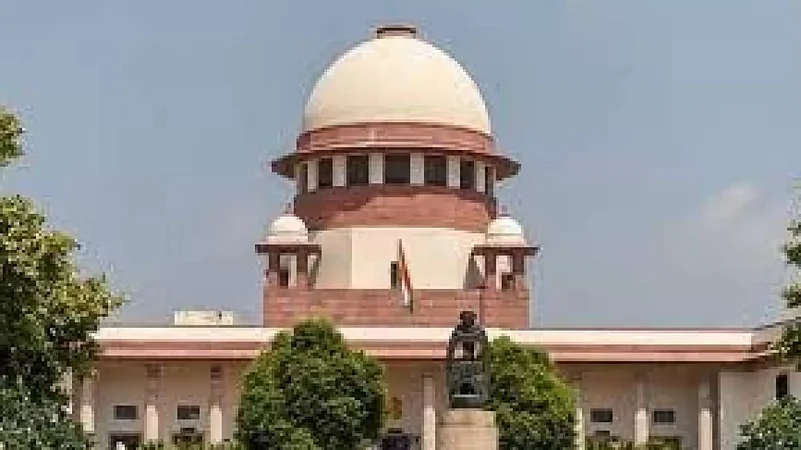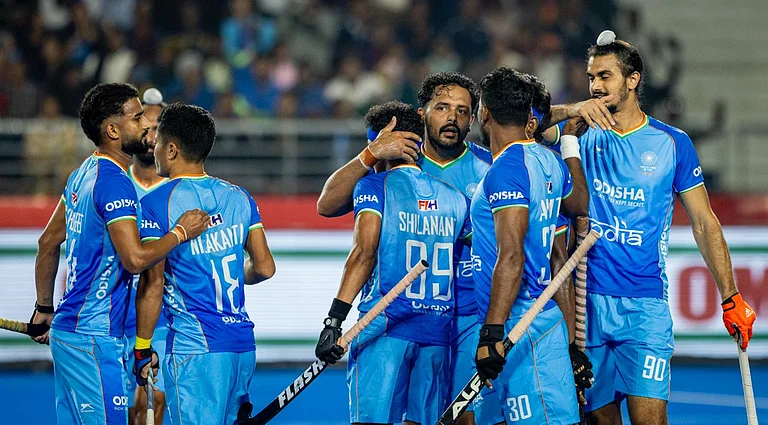Judges have to follow discipline and ought not to take up any case unless it is specifically assigned by the chief justice, the Supreme Court has said while dealing with an appeal challenging an order passed by the Rajasthan High Court.
Observing that taking up a case not specifically assigned by the chief justice was an "act of gross impropriety", the apex court wondered how a civil writ petition for clubbing First Information Reports (FIRs) could be entertained.
A bench of justices Abhay S Oka and Pankaj Mithal was hearing an appeal against the May order of the high court which had directed that no coercive steps shall be taken against three persons in connection with eight FIRs.
The bench noted the three persons had first approached the high court seeking quashing of the FIRs but no interim relief was granted to them.
It noted thereafter, they filed a separate writ petition on the civil side for clubbing the eight FIRs and consolidating them into one.
Appellant Ambalal Parihar, at whose instance six FIRs were registered against the three persons, claimed before the apex court that the method of filing a civil writ petition was invented and it was done to avoid the roster judge who had not granted interim relief.
"This is a classic case of forum hunting by the second to fourth respondents," the bench observed, adding, "Thus, this is a case of gross abuse of process of law."
It noted in the roster notified by the chief justice, there was a separate roster for criminal writ petitions.
"If the courts allow such sharp practices, the roster notified by the chief justice will have no meaning. The judges have to follow discipline and ought not to take up any case unless it is specifically assigned by the chief justice," the bench said in its October 16 verdict.
It said a judge can take up a case provided either the cases of that category have been assigned to him as per the notified roster or the particular case was specifically assigned by the chief justice.
"Though a civil writ petition was filed, the judge ought to have converted into a criminal writ petition which could have been placed only before the roster judge taking up criminal writ petitions," the top court said.
The bench said it was sure that this conduct of the three litigants will be considered by the concerned court taking up petitions under section 482 of the Code of Criminal Procedure (CrPC) seeking quashing of the FIRs.
"This is a fit case where the second to fourth respondents must be saddled with costs. We quantify the costs amount at Rs 50,000," it said, adding, they would pay the cost to the Rajasthan State Legal Services Authority within a month.
While allowing the appeal, the bench held that action of filing the civil writ petition was nothing but a "gross abuse of process of law" and it was a classic case of forum hunting.
"We direct the registrar (judicial) of the Rajasthan High Court to place a copy of this order in all eight petitions under section 482 of CrPC filed by the second to fourth respondents for quashing First Information Reports," it said.
-With PTI Input


























